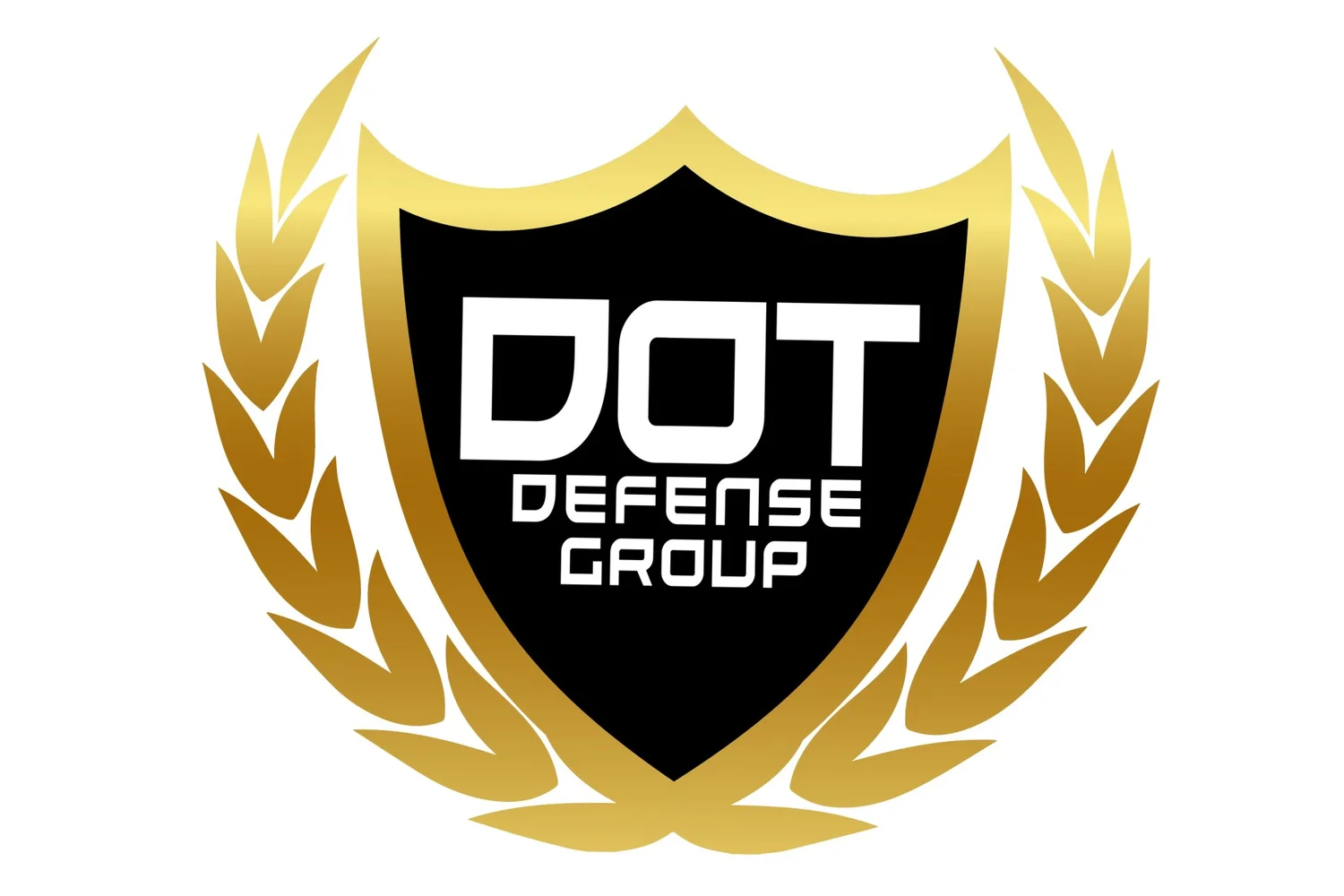
-
MCS-150 Filing
Biennial Update
Federal Motor Carrier Safety Administration (FMCSA) requires all entities under its jurisdiction to update their information every two years.
-
DOT Number Deactivation
Out of Business Notification
Federal Motor Carrier Safety Administration (FMCSA) requires all entities under its jurisdiction to notify FMCSA if they go out of business.
-
DOT Number Reactivation
Reactivate DOT Number
Reactivate your DOT number so you can get back on the road. Don't leave yourself open to fines other penalties by not being in compliance.
-
New Operating Authority
Authority to perform specific operations
In general, companies that do the following are required to have interstate Operating Authority (MC number) in addition to a DOT number: Transport passengers in interstate commerce (for a fee or other compensation, whether direct or indirect) Transport federally-regulated commodities owned by others or arranging for their transport, (for a fee or other compensation, in interstate commerce) FMCSA operating authority is often identified as an "MC," "FF," or "MX" number, depending on the type of authority that is granted. Unlike the USDOT Number application process, a company may need to obtain multiple operating authorities to support its planned business operations. Operating Authority dictates the type of operation a company may run and the cargo it may carry.
-
UCR
UCR Registration
The UCR Act, established in 2005, requires motor carriers involved in interstate commerce, and other businesses subject to The Act, to submit annual fees based on fleet size to supplement funding for state highway motor carrier registration and safety programs. UCR fees are based on the number of vehicles that engage in interstate commerce. This means the vehicle crosses state lines. There are very few exemptions to this requirement.
-
Drug and Alcohol Consortium
Random drug and alcohol testing
We provide drug and alcohol testing services in accordance with §382.105 Testing procedures. Each employer shall ensure that all alcohol or controlled substances testing conducted under this part complies with the procedures set forth in part 40 of this title. The provisions of part 40 of this title that address alcohol or controlled substances testing are made applicable to employers by this part.
-
Drug and Alcohol Testing
Pre-employment, Post Accident, Reasonable Suspicion
Drug and alcohol test provided in accordance with FMCSR Part 382
-
Compliance Education
Reasonable Suspicion for Supervisors
Reasonable Suspicion for Supervisors education course provided in accordance with §382.603 Training for supervisors. Each employer shall ensure that all persons designated to supervise drivers receive at least 60 minutes of training on alcohol misuse and receive at least an additional 60 minutes of training on controlled substances use. The training will be used by the supervisors to determine whether reasonable suspicion exists to require a driver to undergo testing under §382.307. The training shall include the physical, behavioral, speech, and performance indicators of probable alcohol misuse and use of controlled substances. Recurrent training for supervisory personnel is not required.
